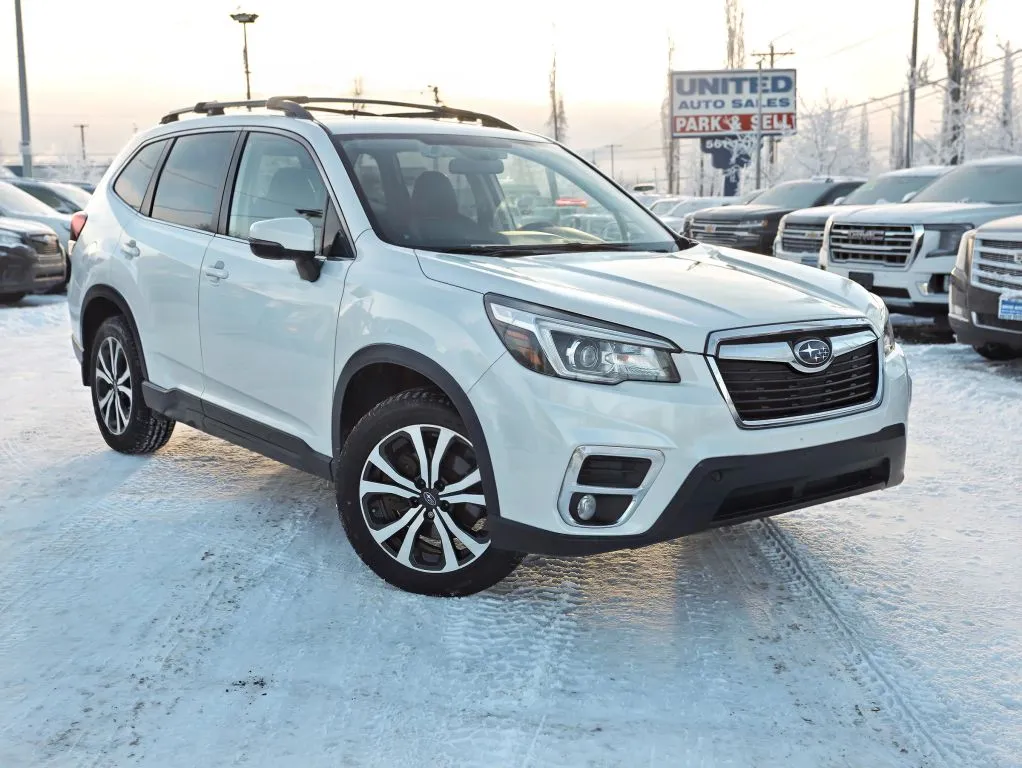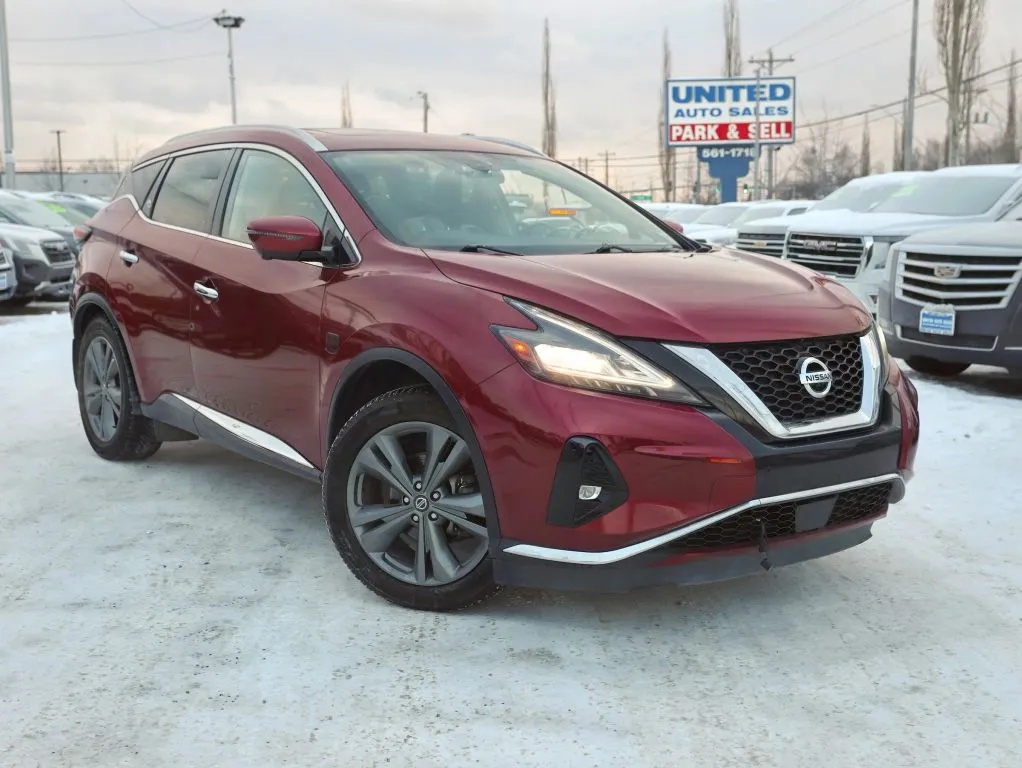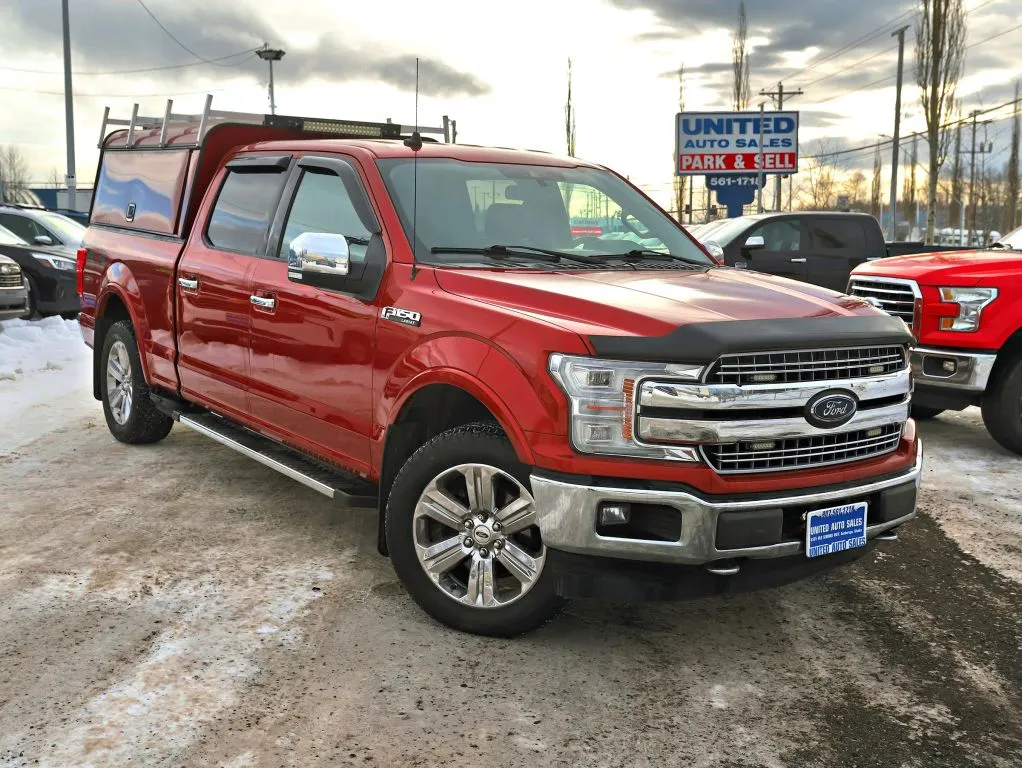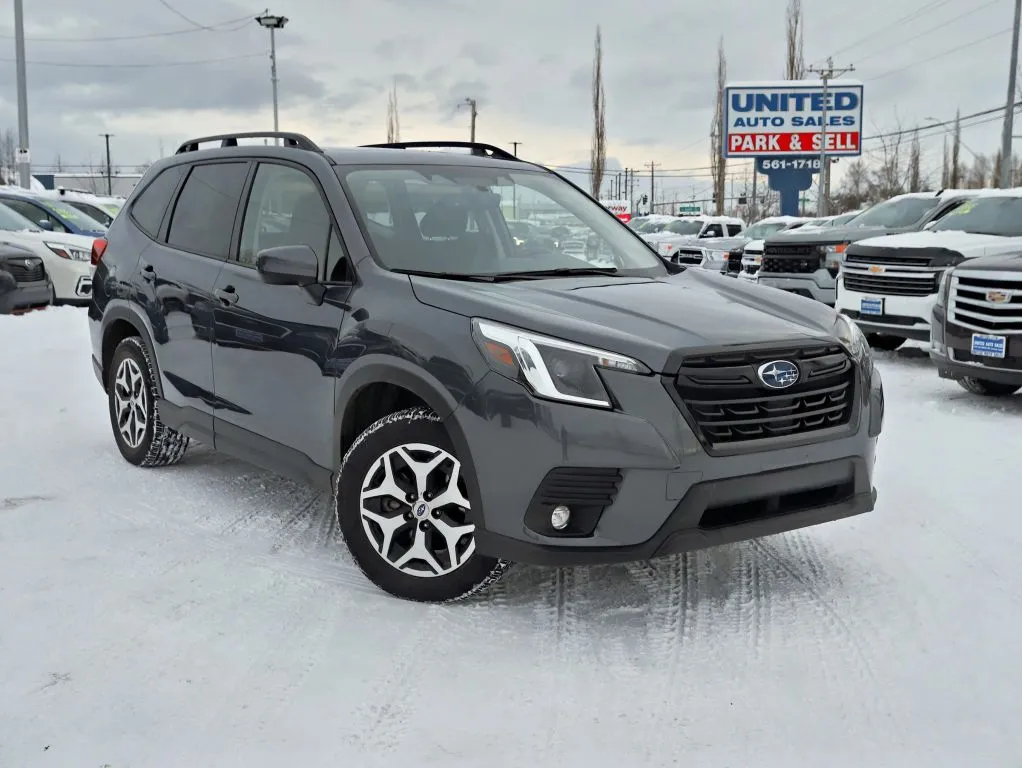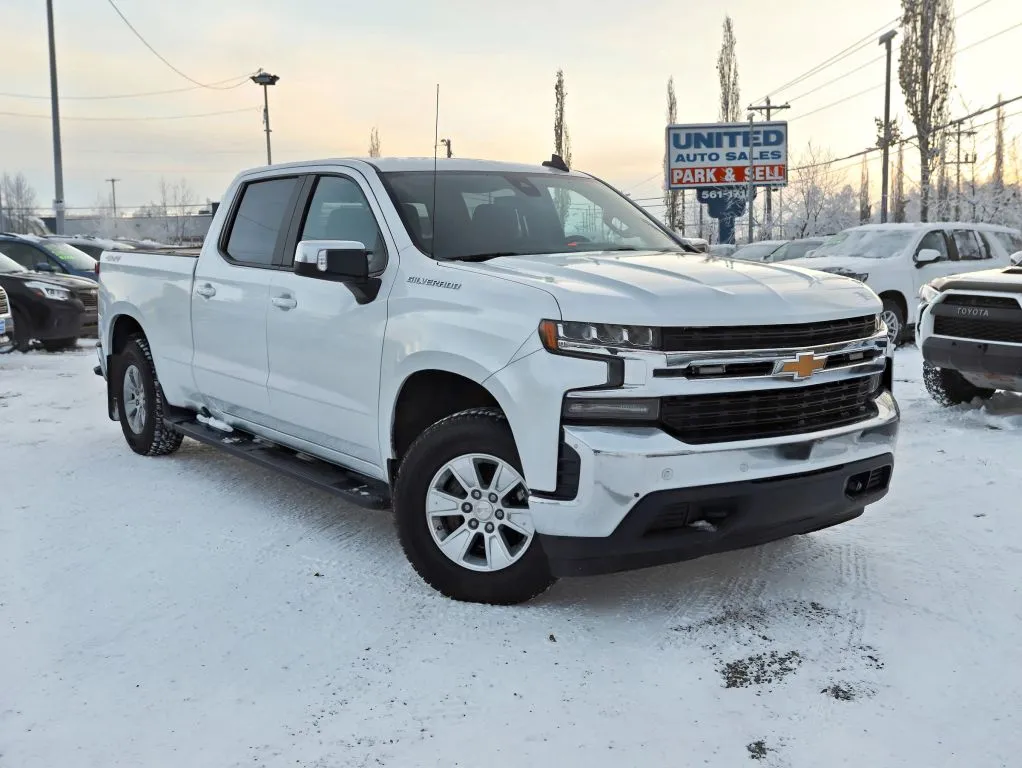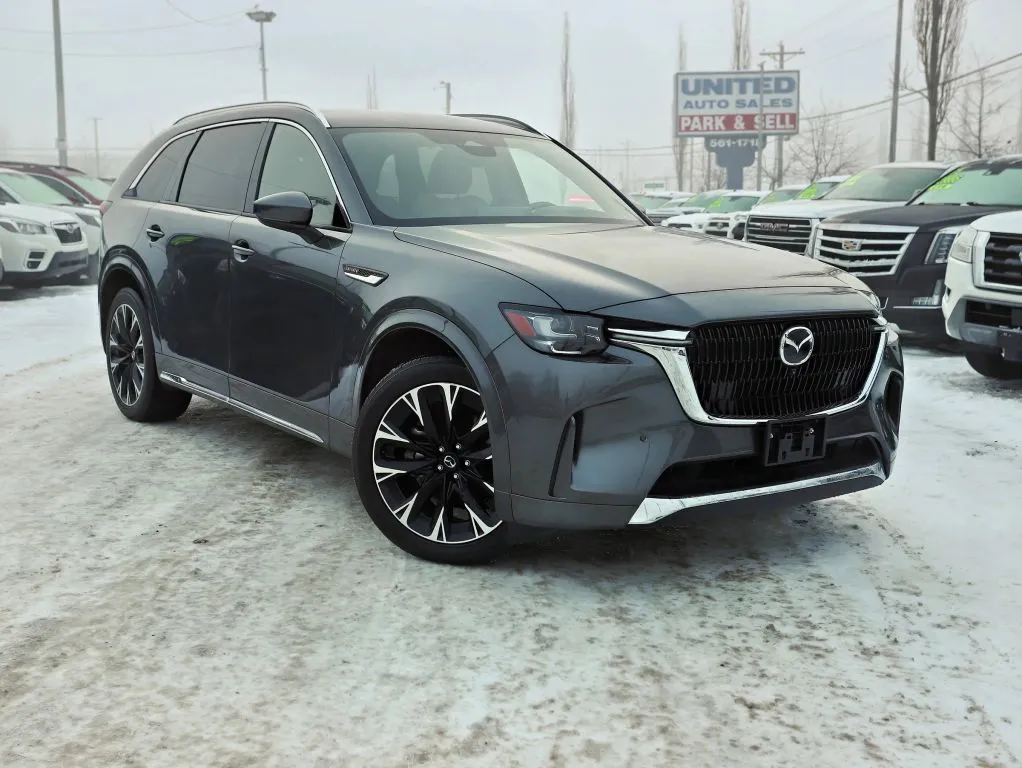Do You Need Full Coverage On A Financed Used Car?
Table of Contents
- Do You Need Full Coverage On A Financed Used Car?
- Understanding Full Coverage Insurance
- Factors to Consider When Insuring a Financed Used Car
- Pros and Cons of Opting for Full Coverage
- Pros:
- Cons:
- FAQs
- Q. Is full coverage insurance mandatory for all financed cars?
- Q. Can I switch to liability-only coverage once my car is paid off?
- Q. How can I reduce my insurance premiums on a financed used car?
- Q. Does full coverage cover everything?
- Final Takeaway
Opting to finance a used car is a decision that combines value and convenience, offering a pathway to vehicle ownership without the steep costs associated with new cars. However, this financial decision also comes with certain insurance obligations. The requirement for full coverage insurance on a financed vehicle is a topic that often raises questions among buyers. This article aims to clarify these requirements, presenting the advantages and disadvantages of full coverage insurance, and answering commonly asked questions to help you make an informed decision.
Do You Need Full Coverage On A Financed Used Car?
Yes, if you're financing a used car in the USA, you will most likely need to secure full coverage insurance. Lenders require this level of coverage as a means to protect their investment in your vehicle against potential loss or damage. Full coverage ensures that in the event of an accident or other damage, the lender's interests are safeguarded. This requirement holds true regardless of the vehicle's age, make, or model.

Understanding Full Coverage Insurance
Full coverage insurance is a comprehensive insurance package that includes liability, collision, and comprehensive coverage. It's designed to cover a broad spectrum of potential risks:
- Liability Insurance: Covers damages to others' property or injuries to other people for which you are at fault.
- Collision Insurance: Pays for repair or replacement of your vehicle in the event of an accident, regardless of fault.
- Comprehensive Insurance: It Provides coverage for non-collision-related incidents, like theft, natural disasters, or vandalism.
Factors to Consider When Insuring a Financed Used Car
Selecting the right insurance for a financed used car involves several considerations:
- Lender's Insurance Requirements: Understanding your lender's specific auto insurance requirements is paramount for your car loan.
- Vehicle's Value: The depreciated value of a used car might influence your decision on the cost-effectiveness of total coverage on a financed car.
- Personal Risk Profile: Consider your driving habits, geographic location, and other personal factors that affect your risk of filing a claim in relation to your auto insurance.
- Deductible Amounts: Higher deductibles can lower your monthly premiums but mean more out-of-pocket expenses in the event of a claim.
Pros and Cons of Opting for Full Coverage
To better understand the implications of choosing full coverage, here are some advantages and disadvantages to consider.
Pros:
- Comprehensive Protection: Full coverage on a financed car provides extensive protection against a wide array of incidents.
- Lender Compliance: Maintaining full coverage on a financed car ensures compliance with lender requirements, avoiding potential car loan contract violations.
- Peace of Mind: Knowing you are fully protected can offer significant peace of mind.
Cons:
- Higher Premiums: Full coverage typically comes with higher premiums compared to liability-only policies.
- Potentially Unnecessary Coverage: For older vehicles with lower values, the cost of full coverage may not be justifiable.
FAQs
Q. Is full coverage insurance mandatory for all financed cars?
Yes, the majority of lenders in the USA require full coverage on financed vehicles to protect their collateral against losses.
Q. Can I switch to liability-only coverage once my car is paid off?
Absolutely. Once you have satisfied your loan, the decision to continue with full coverage or switch to liability-only insurance depends on your personal preference and financial considerations.
Q. How can I reduce my insurance premiums on a financed used car?
Consider higher deductibles, shop around for competitive insurance quotes, and explore discounts for which you may be eligible, such as for safe driving or anti-theft devices.
Q. Does full coverage cover everything?
While full coverage offers extensive protection, it doesn't cover every scenario. Exclusions often include personal items in the vehicle, mechanical failures, and depreciation.
Final Takeaway
Insuring a financed used car with full coverage is a standard requirement that serves to protect both the lender's and the borrower's interests. While it may come with higher premiums, the comprehensive protection it offers against a wide array of risks can provide significant peace of mind. Considering the value of your vehicle, your personal risk factors, and the specifics of your financial situation are key steps in determining whether full coverage is the right choice for you.
As you navigate the complexities of car insurance, remember that the goal is not just to meet lender requirements but to also protect your financial well-being. Evaluating the pros and cons of full coverage in the context of your own life can help you make the right decision that aligns with your needs and budget. Whether you're buying your first financed used car or reassessing your current insurance coverage, staying informed is your best strategy for finding the right balance between protection and cost.

